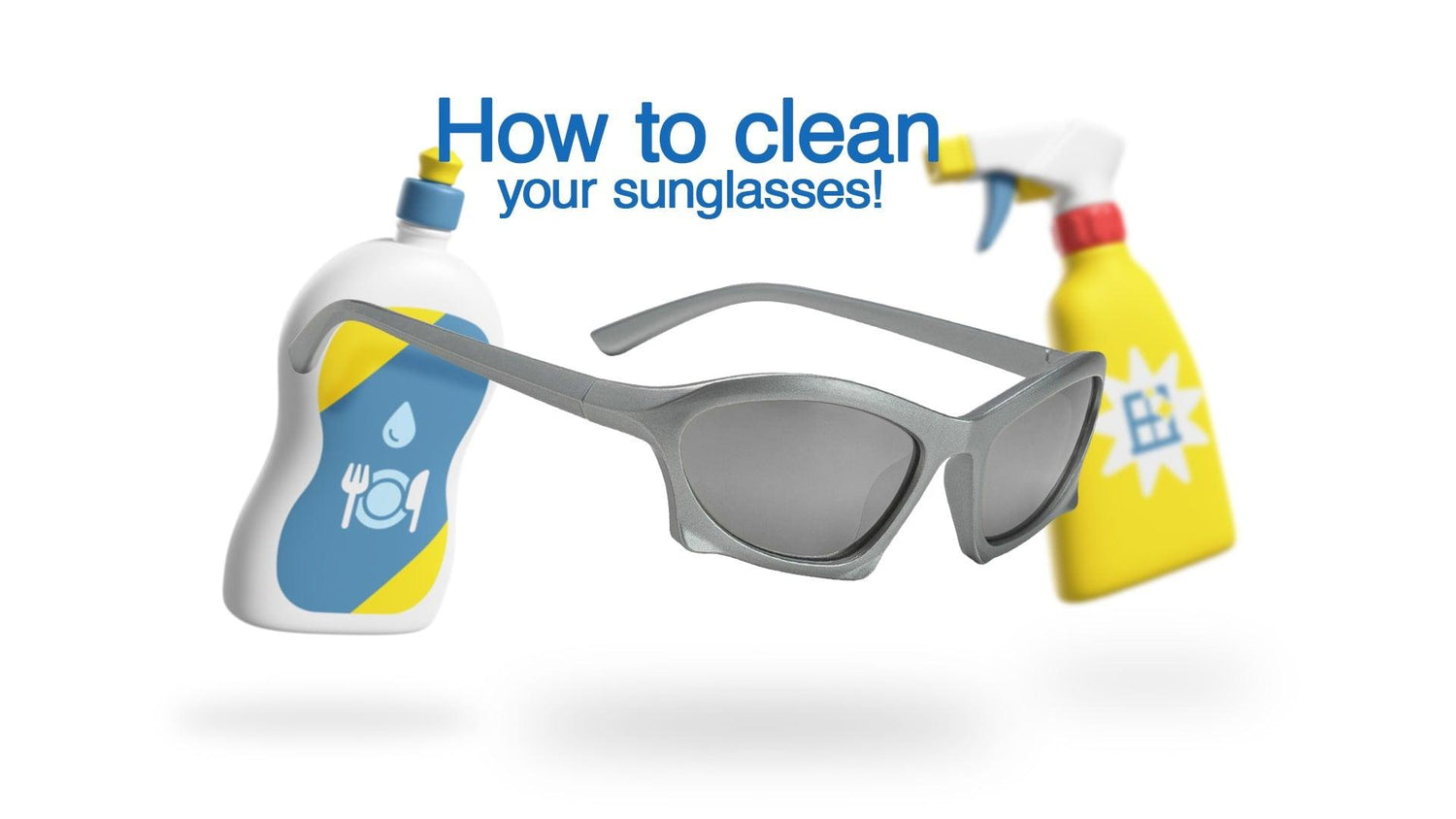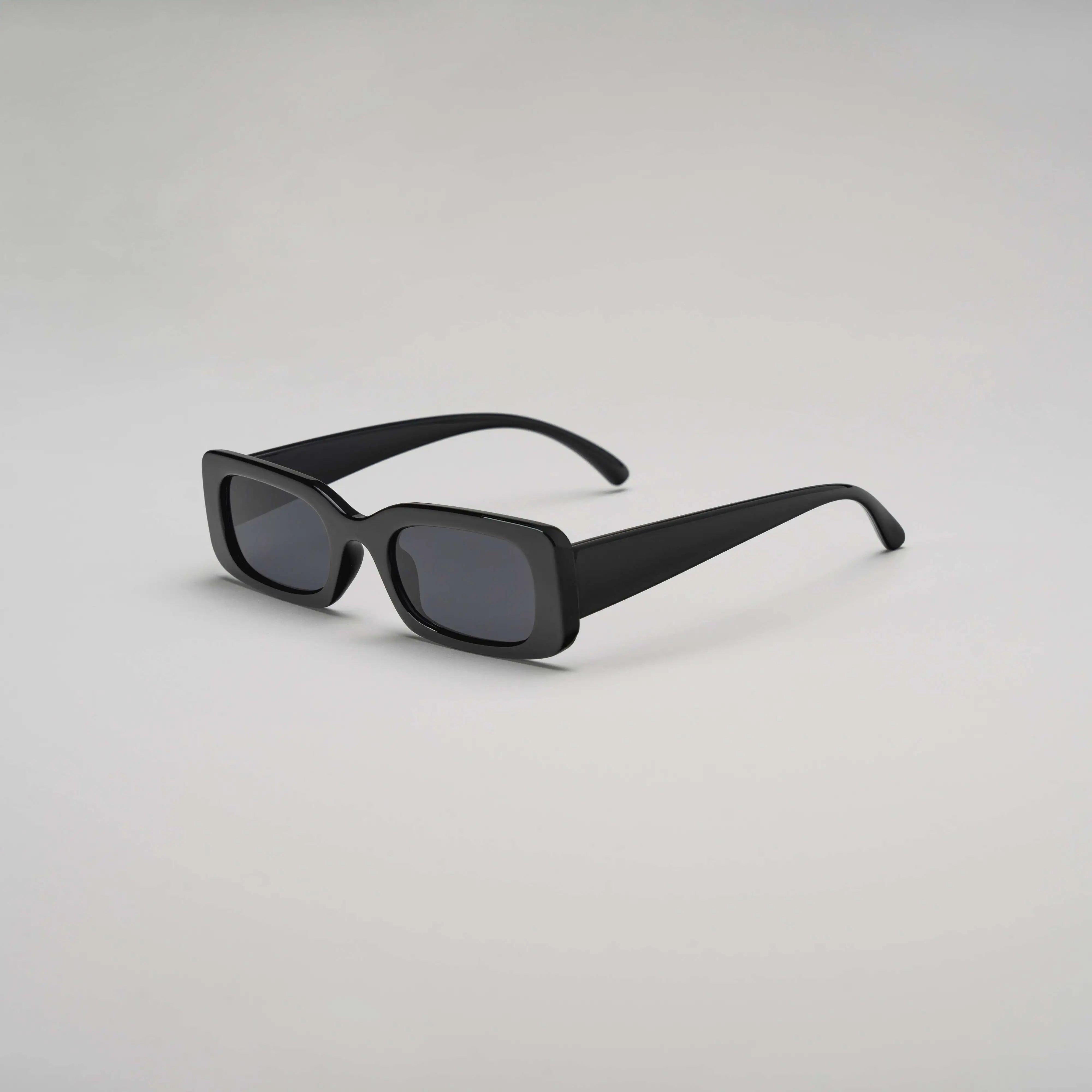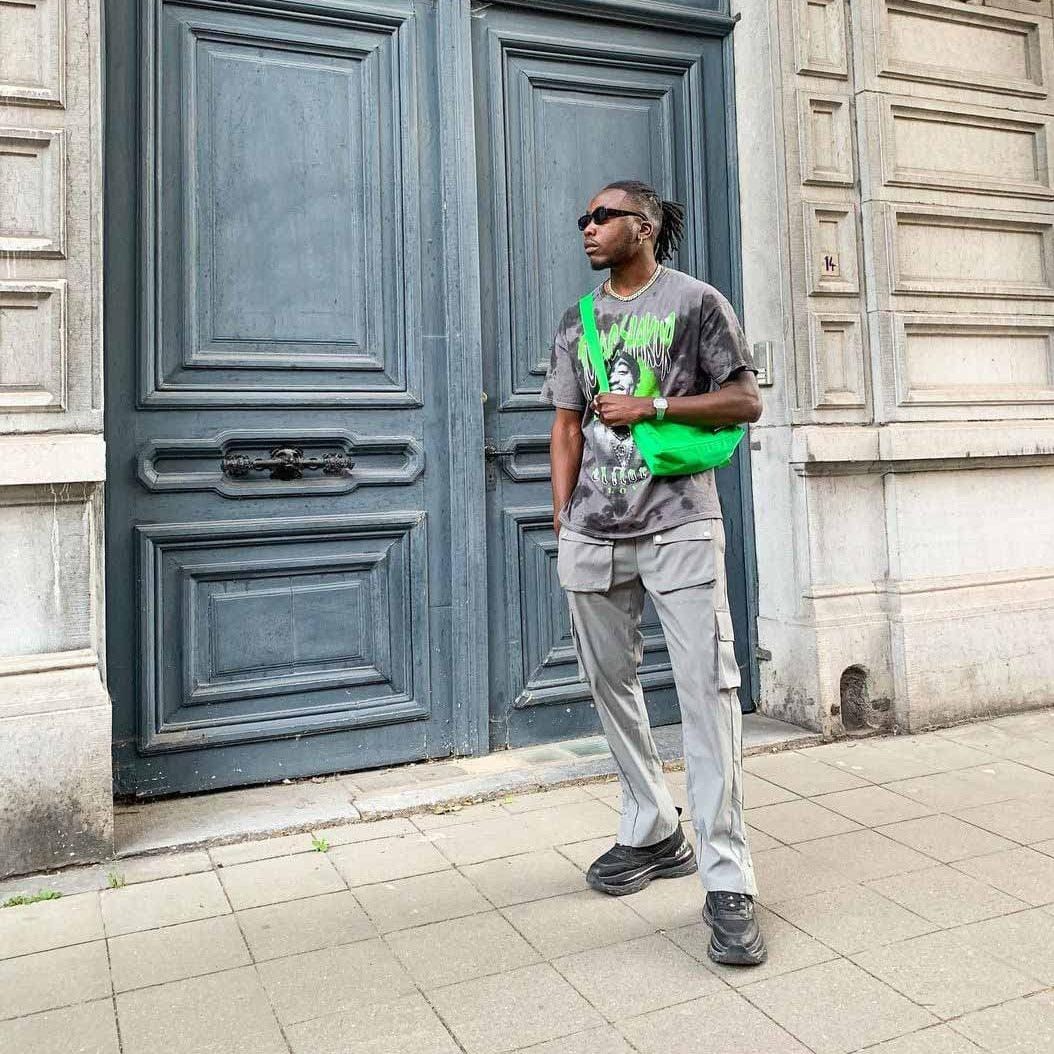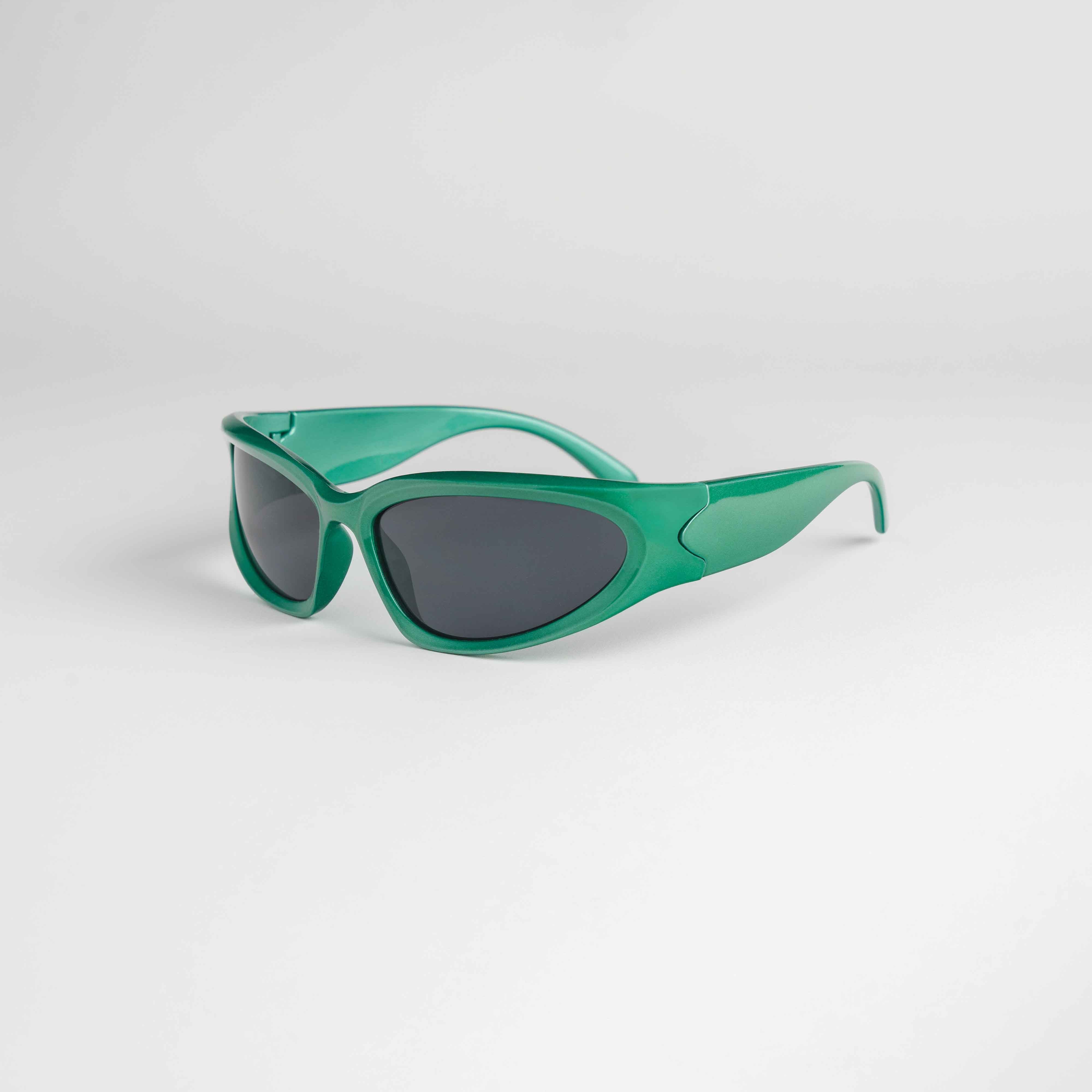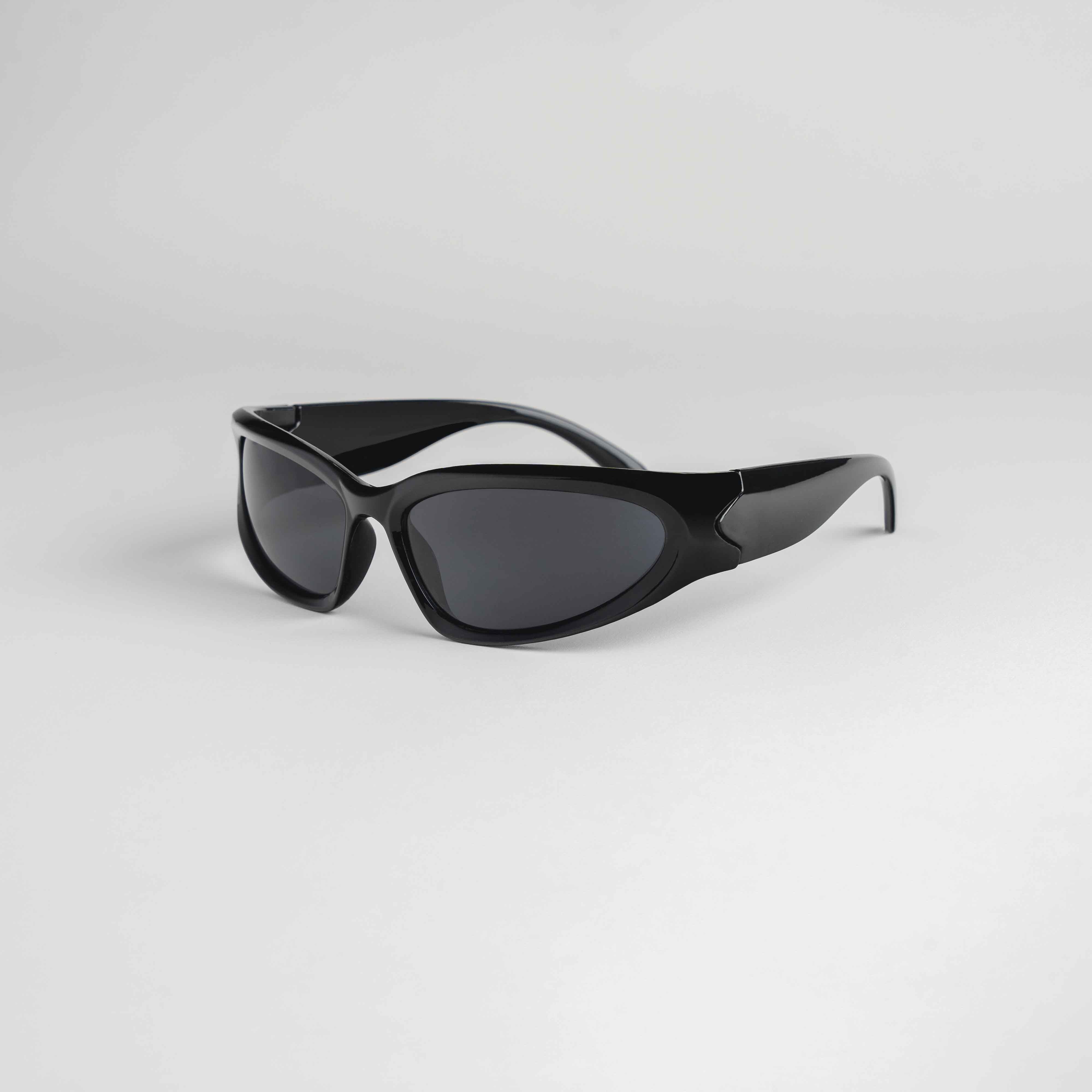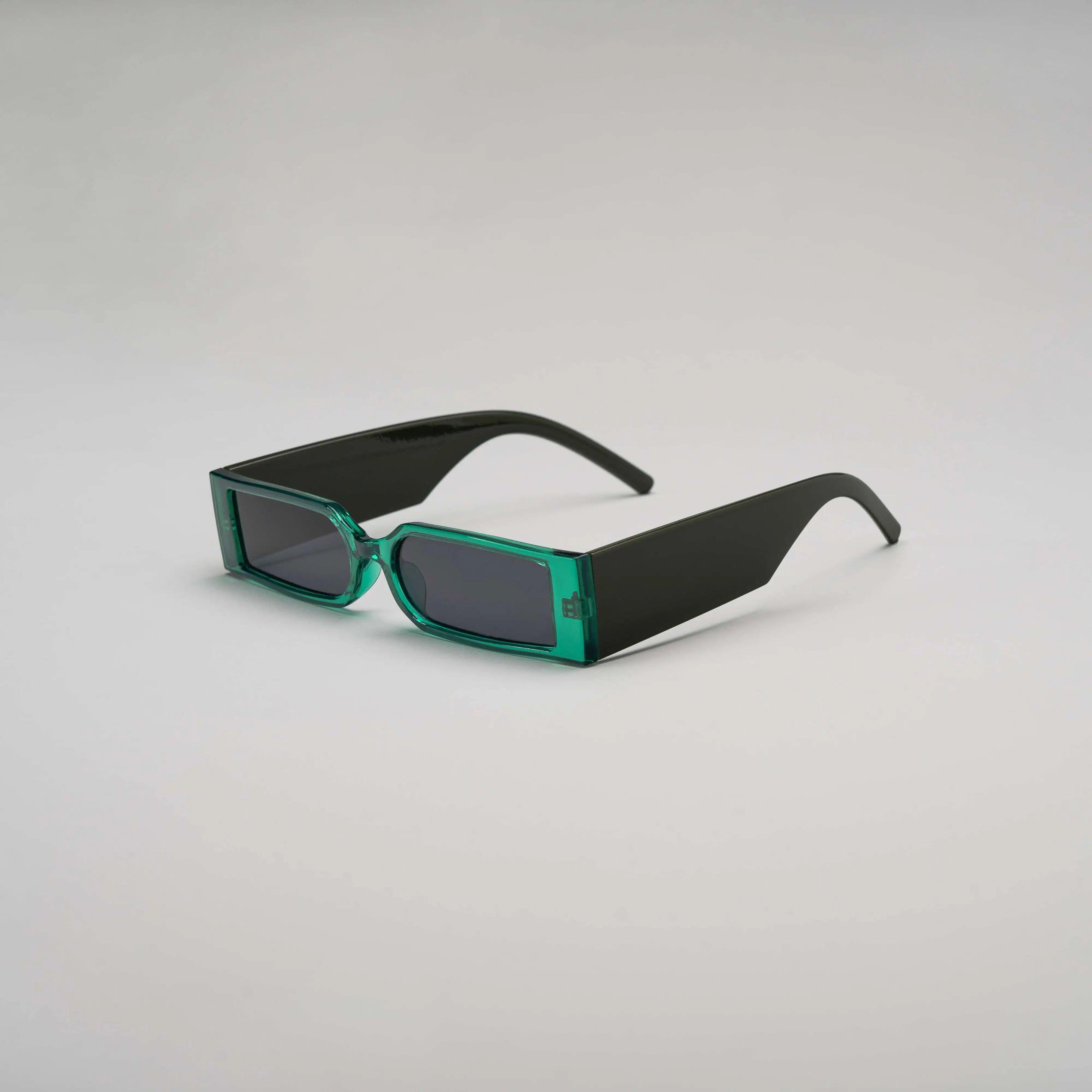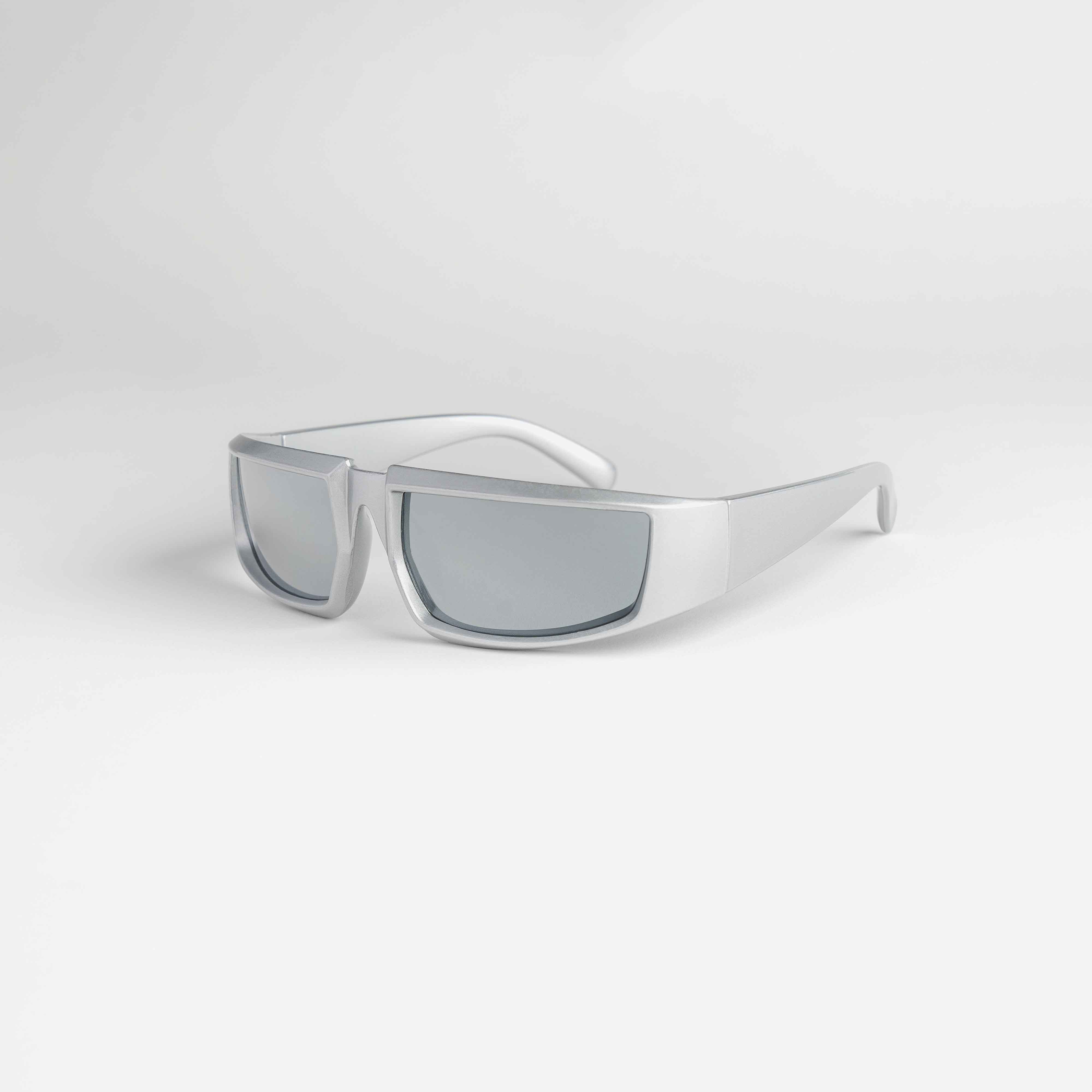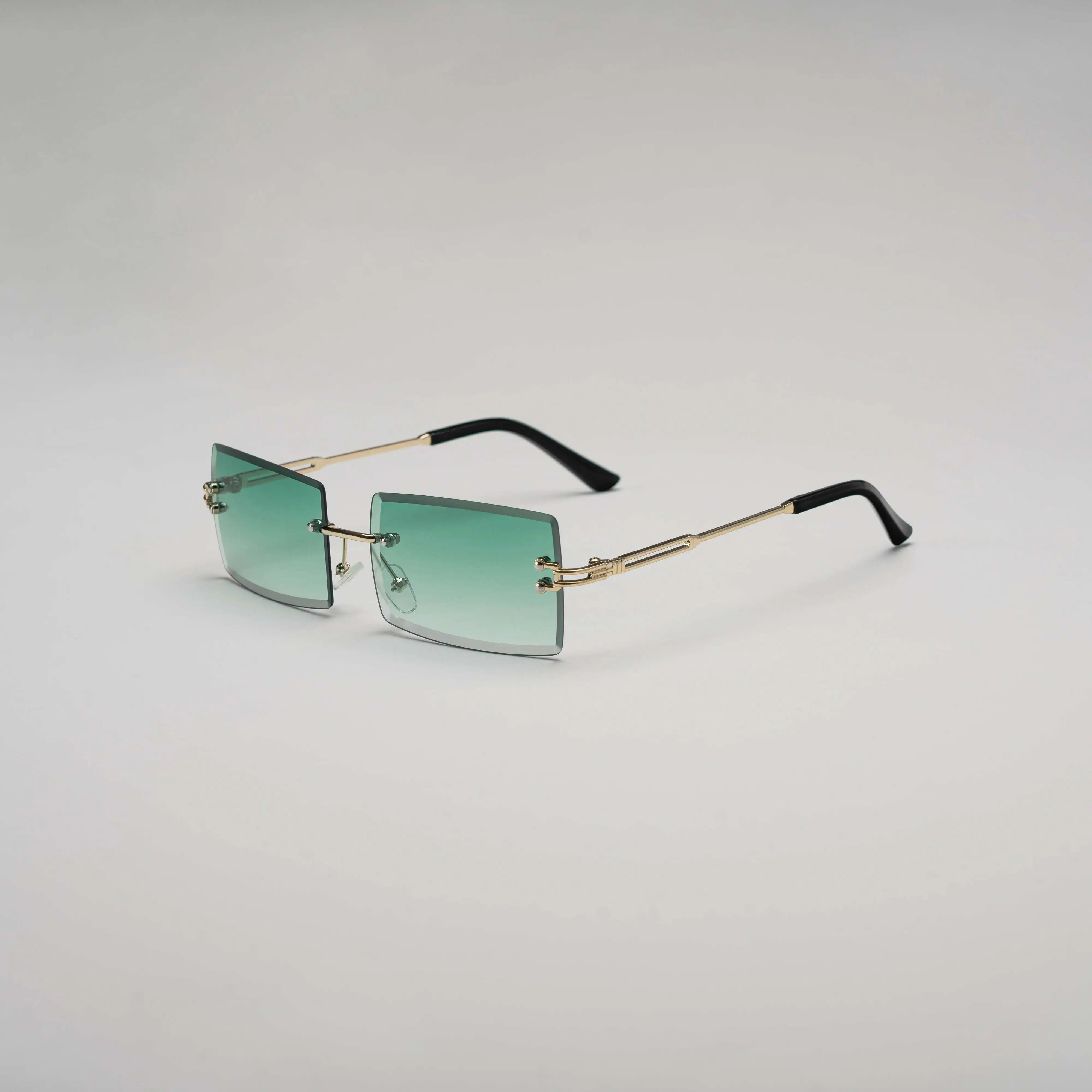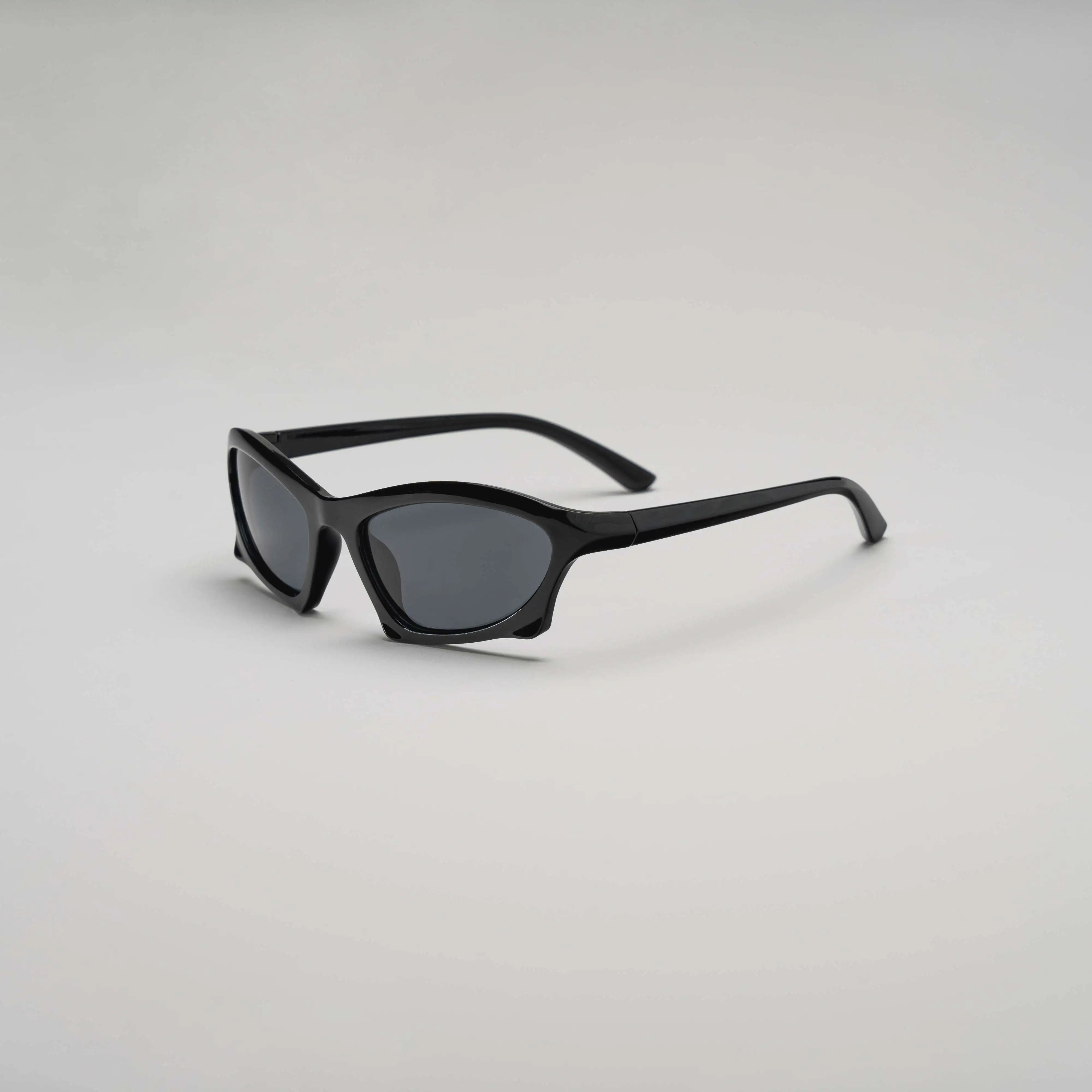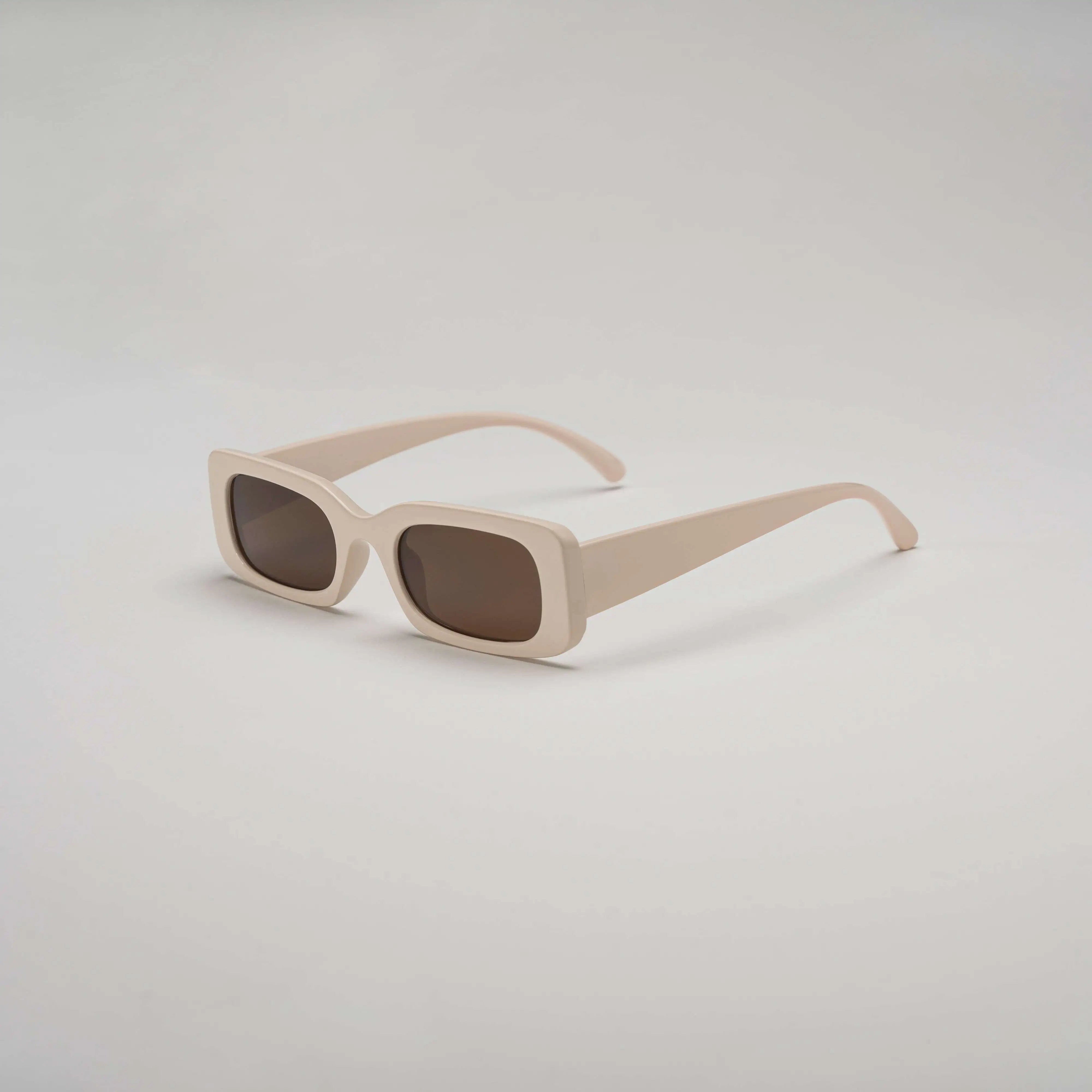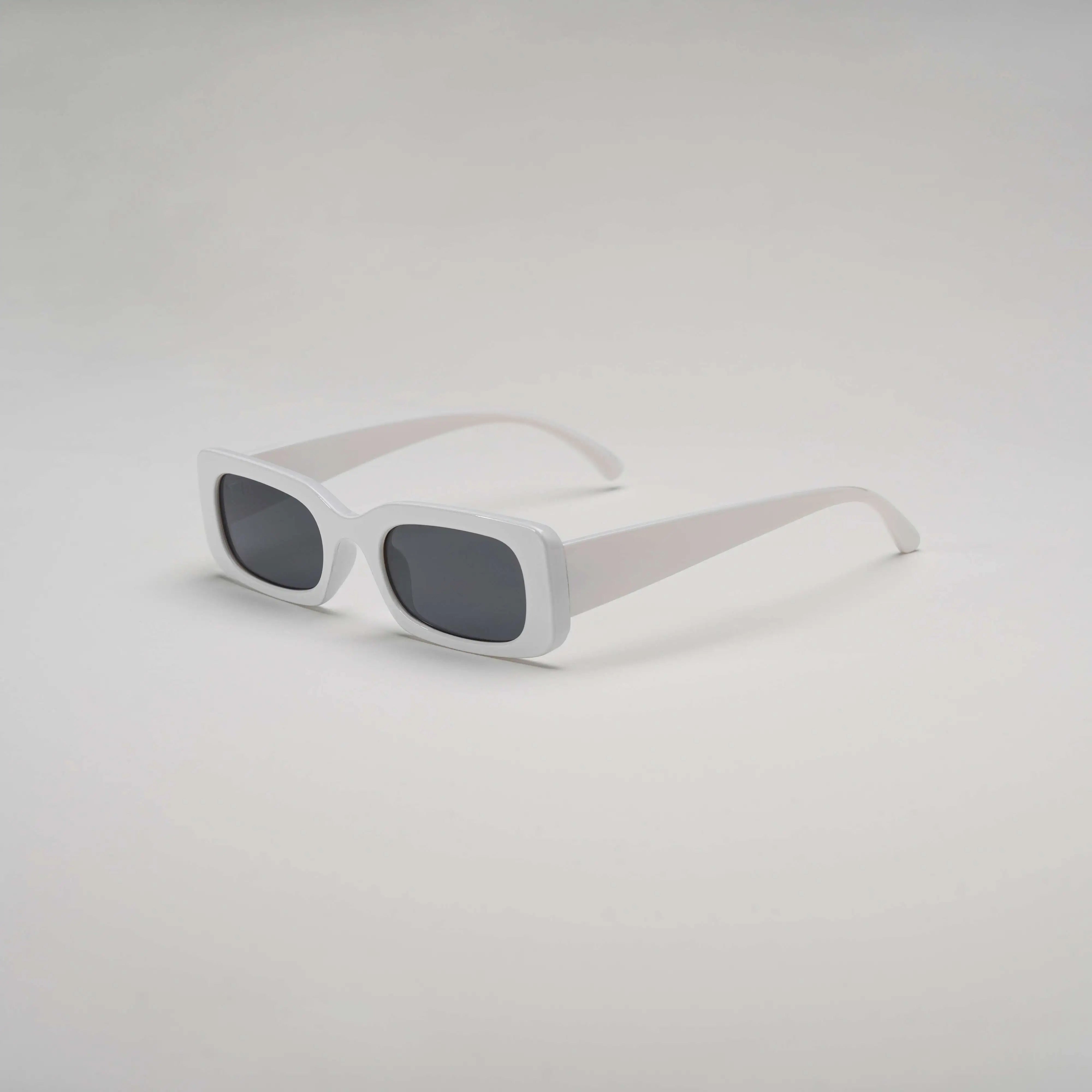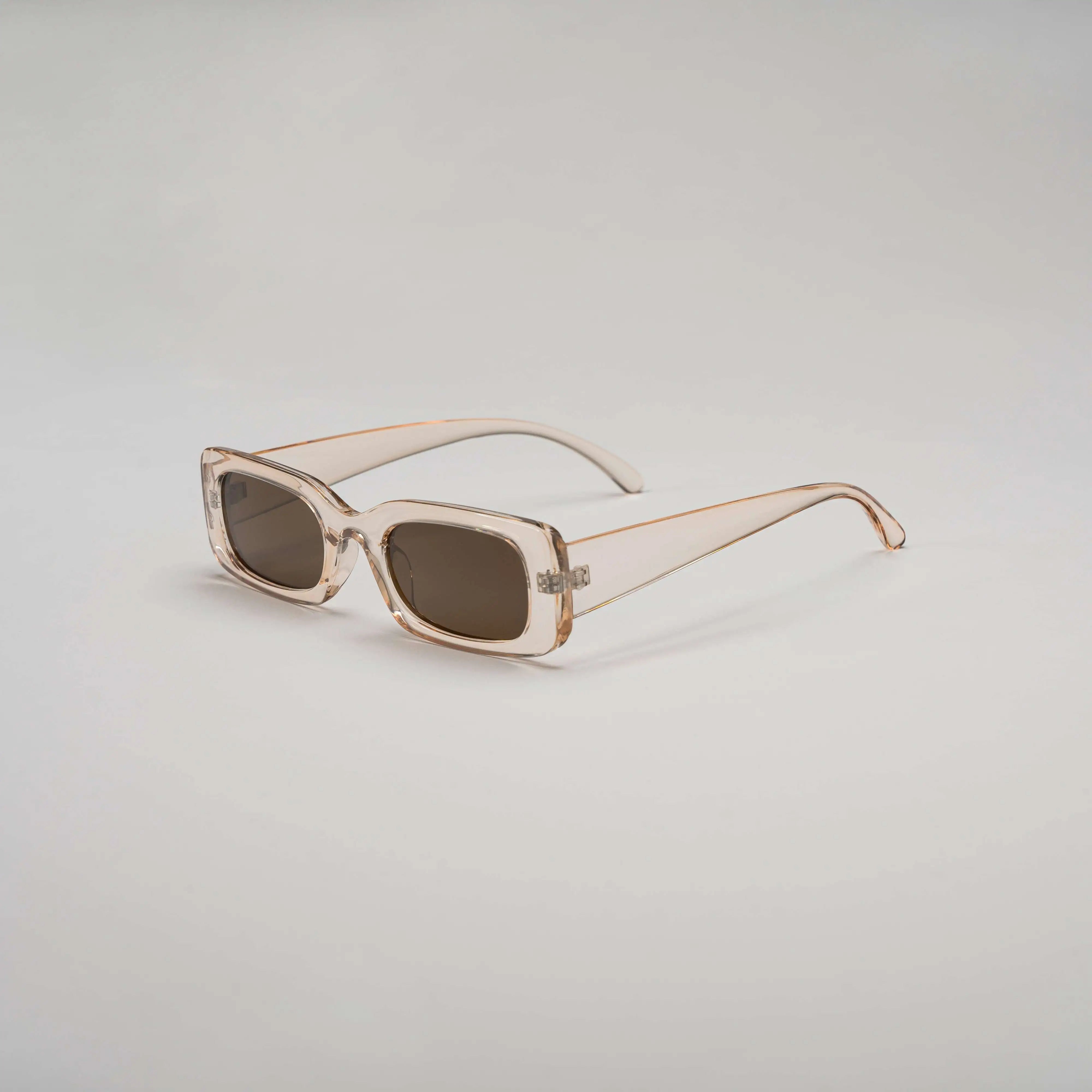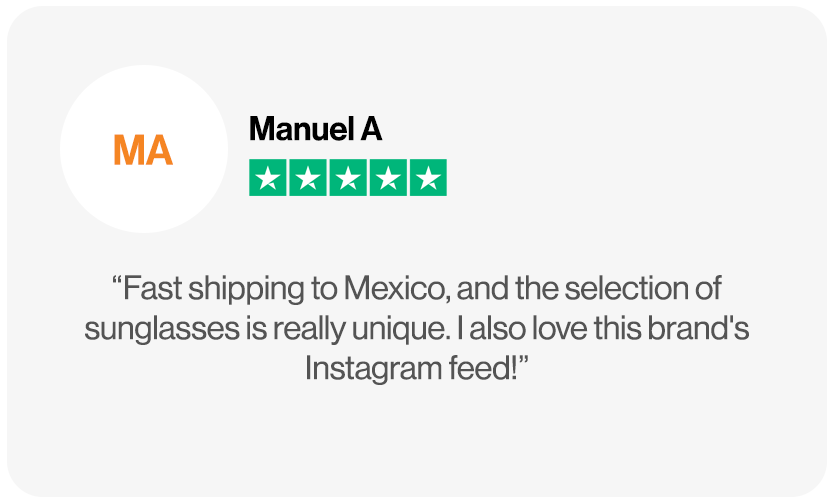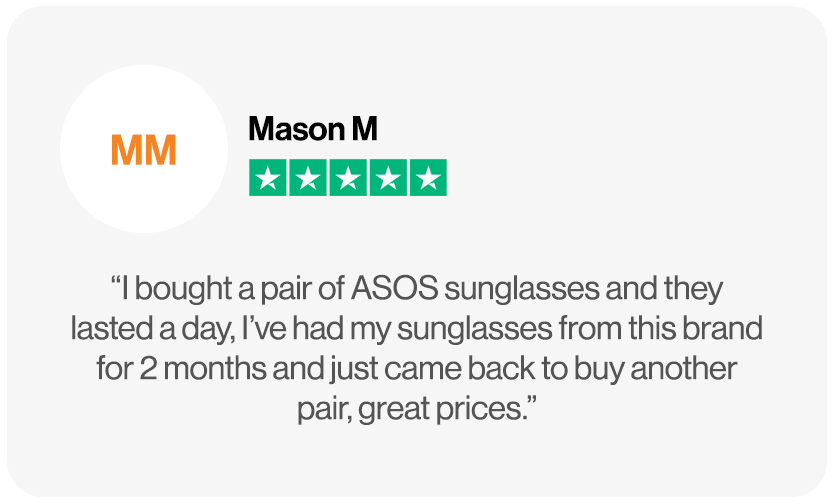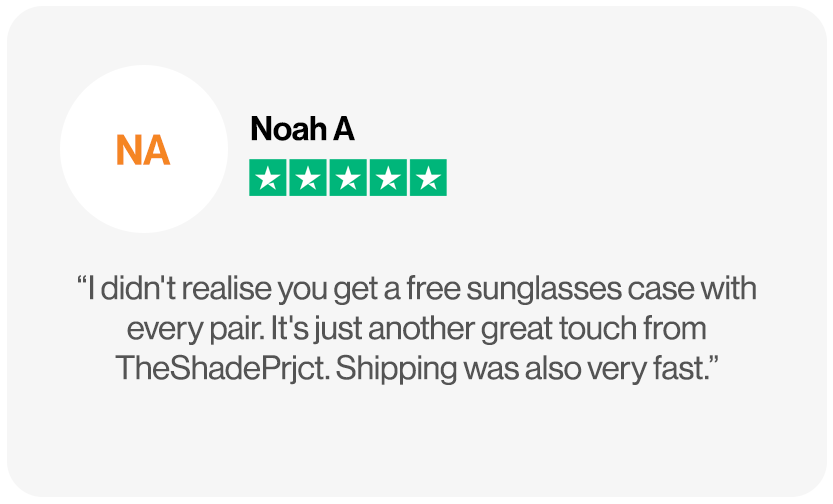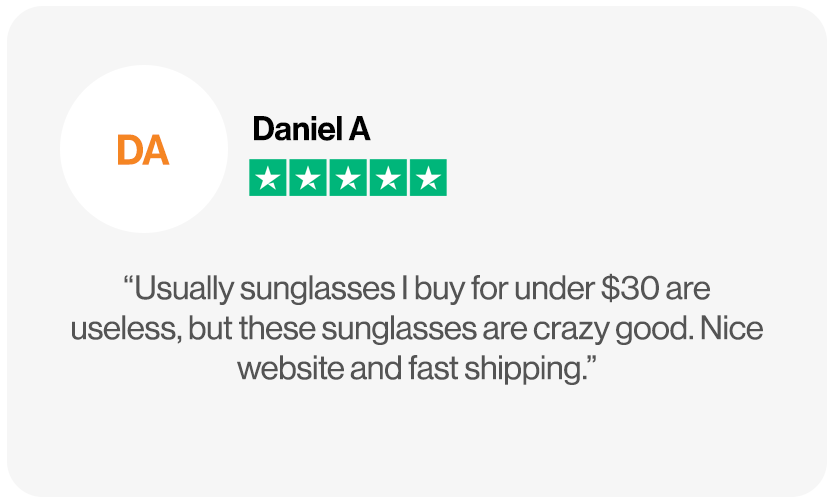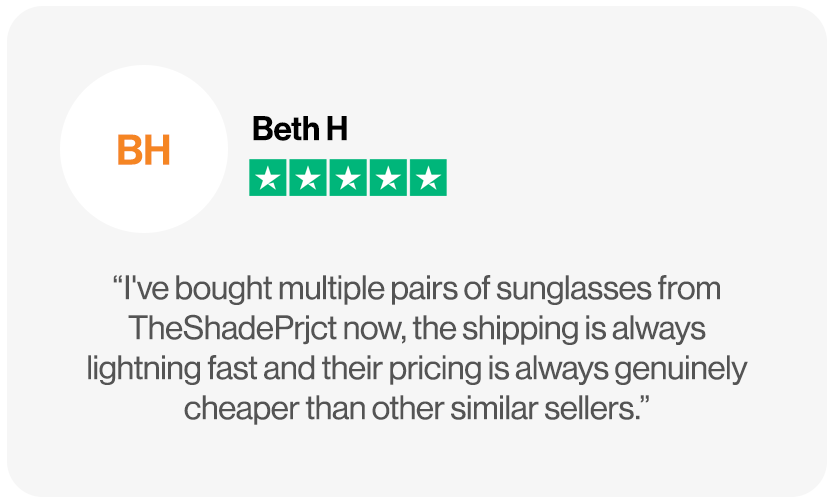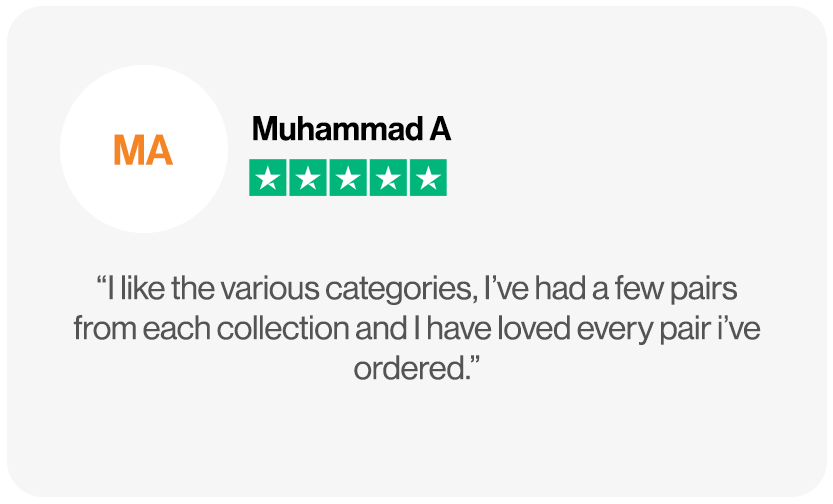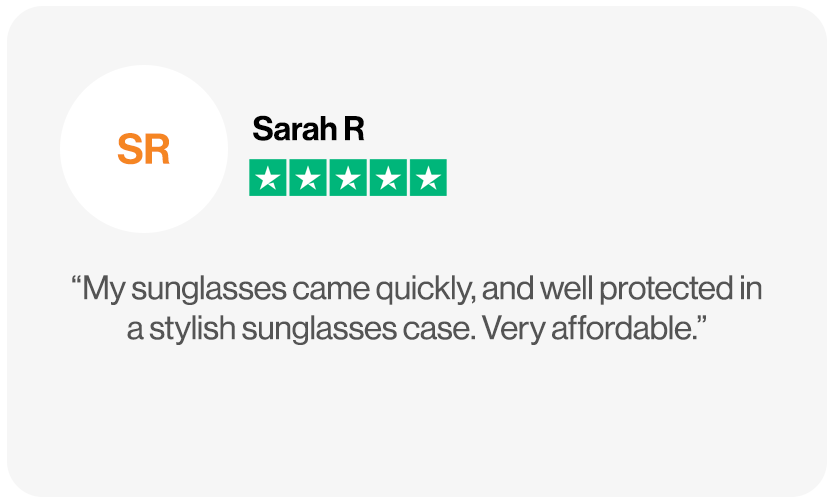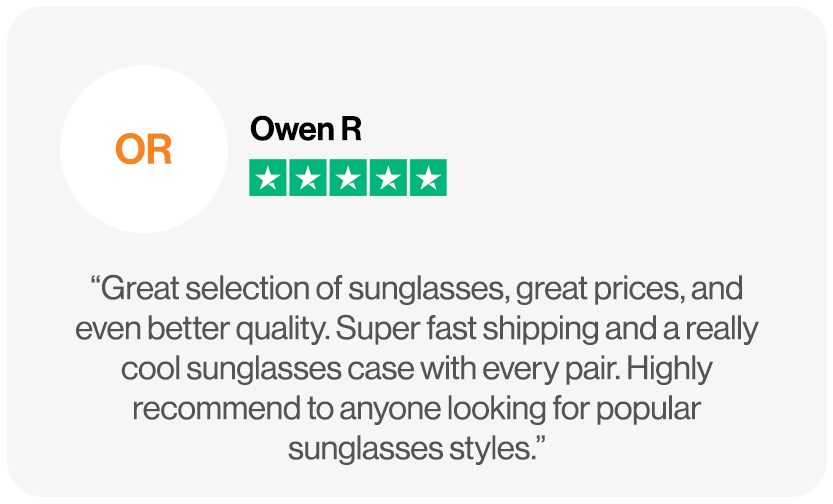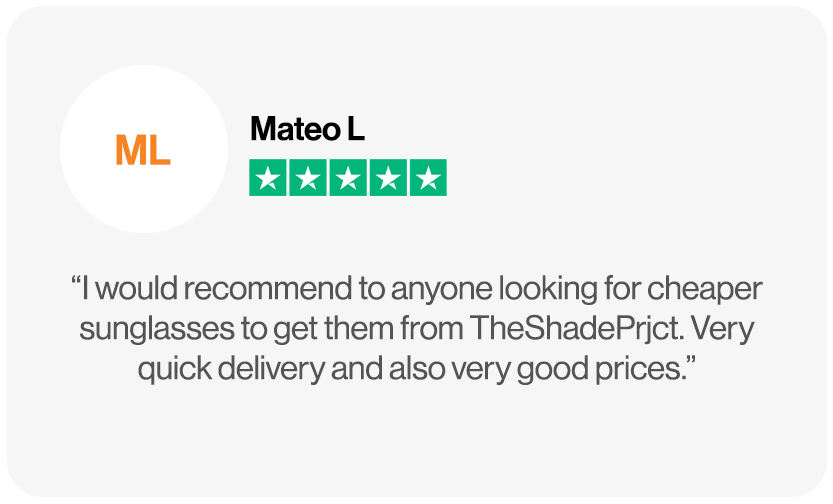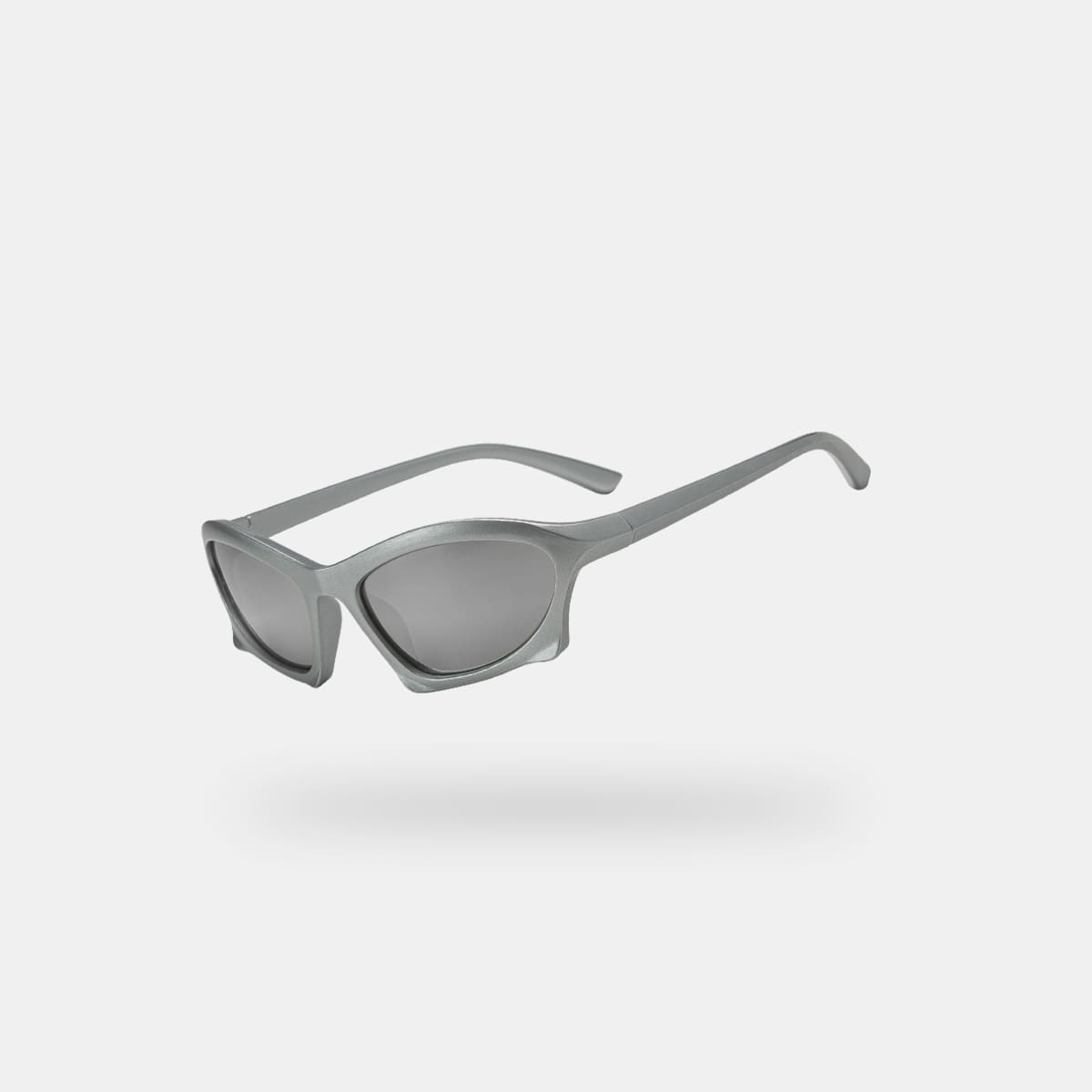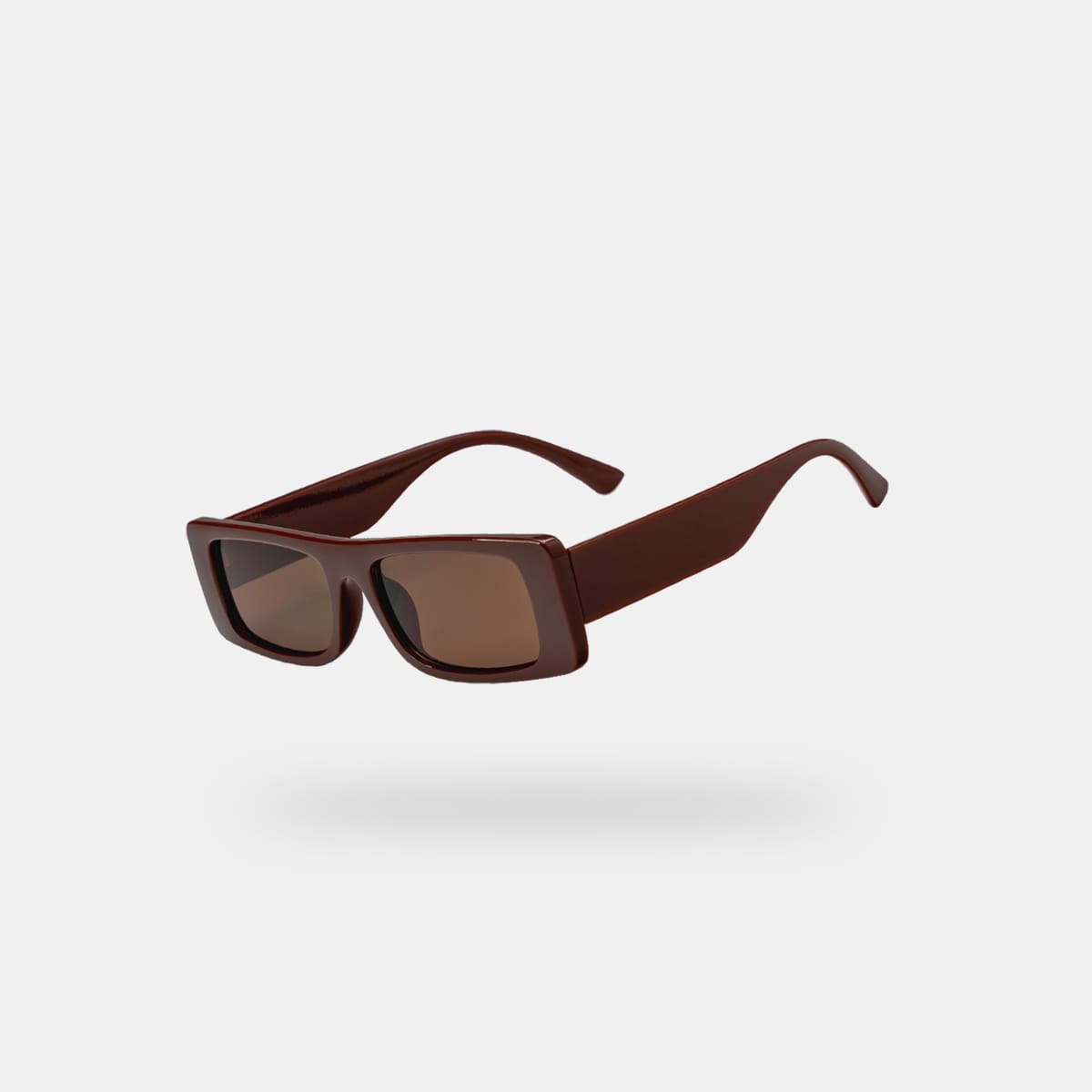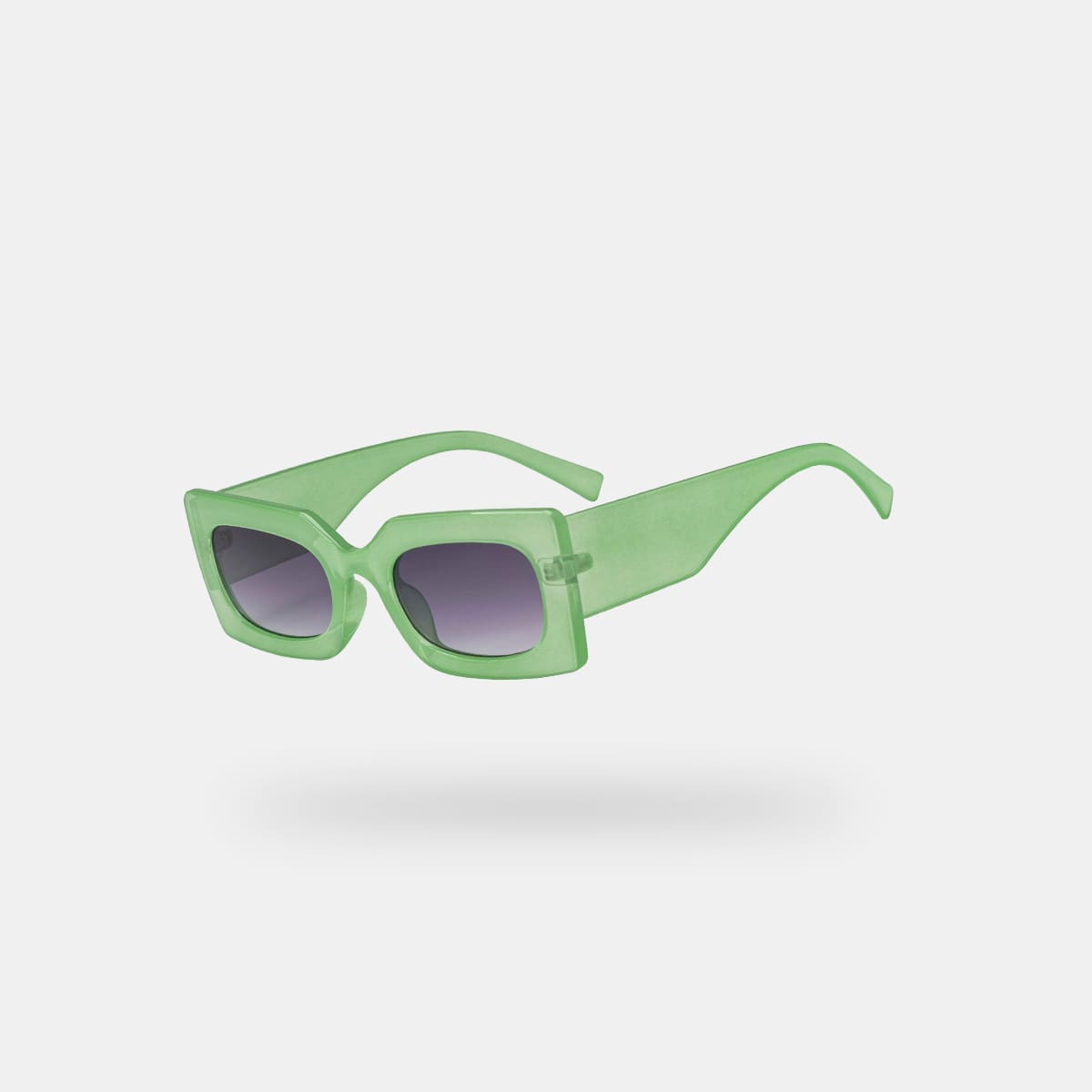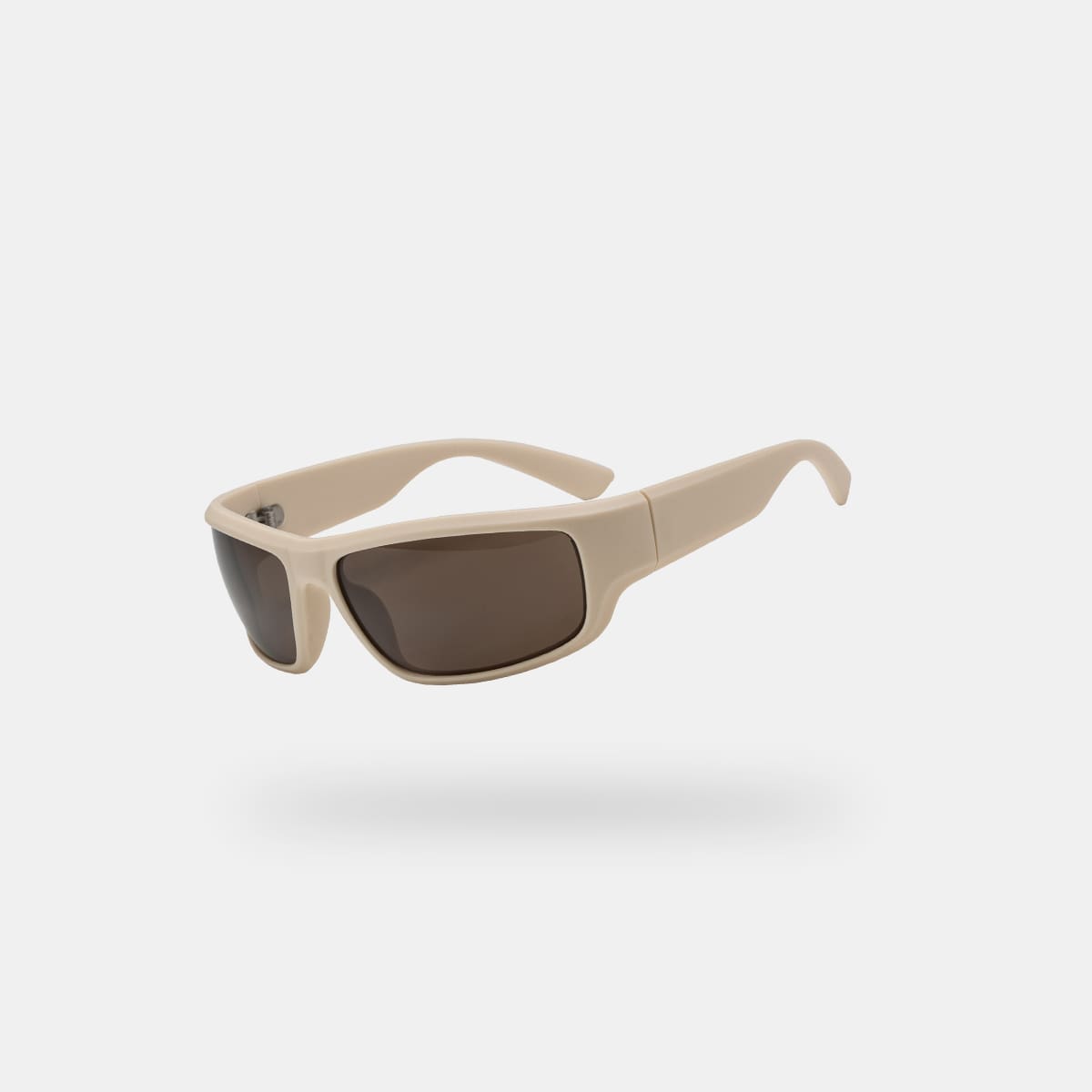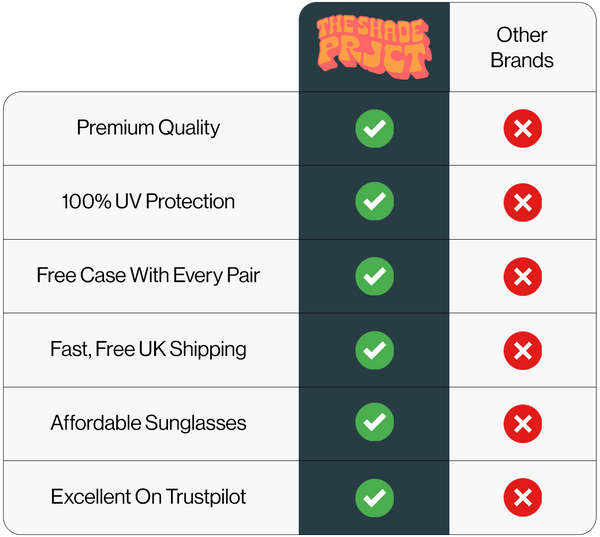Introduction
Sunglasses are not only a fashion statement but also an essential accessory to protect your eyes from harmful UV rays. However, over time, your sunglasses can become dirty, scratched, and smudged, which can affect their clarity and effectiveness. Cleaning your sunglasses regularly can help maintain their quality and extend their lifespan. In this article, we'll explore some effective tips and tricks for cleaning your sunglasses and keeping them sparkling clean.
Why Cleaning Your Sunglasses is Important
Cleaning your sunglasses is essential to maintain their clarity and functionality. Dirt, dust, and fingerprints can build up on your lenses, which can affect your vision and reduce the effectiveness of your sunglasses. Furthermore, scratches can also cause distortion, making it difficult to see clearly through your lenses. Regular cleaning can help prevent these issues and ensure your sunglasses provide optimal protection for your eyes.
What You Need to Clean Your Sunglasses
To clean your sunglasses effectively, you'll need the following items:
- Microfibre cleaning cloth
- Cleaning solution
- Water
- Compressed air (optional)
You can purchase cleaning solutions specifically designed for eyewear or use a mild dish soap mixed with water which will be just as effective and inexpensive.
How to Clean Your Sunglasses
Follow these simple steps to clean your sunglasses:
Step 1: Rinse Your Sunglasses
Rinse your sunglasses under running water to remove any loose dirt and dust. Be gentle and avoid using hot water, as it can damage some types of lenses.
Step 2: Apply Cleaning Solution
Apply a small amount of cleaning solution to your lenses. You can use a spray bottle or apply the solution directly to the lenses using a dropper.
Step 3: Wipe Your Sunglasses
Using a microfibre cleaning cloth, gently wipe your lenses in a circular motion. Start at the centre of the lens and work your way outward. Be careful not to apply too much pressure or use abrasive materials, as this can scratch your lenses.
If you notice any stubborn spots or fingerprints, use a compressed air canister to blow them away before wiping your lenses.
Tips for Cleaning Specific Types of Lenses
Different types of lenses may require different cleaning methods to avoid damage or distortion. Here are some tips for cleaning specific types of lenses:
Polarised Lenses
Polarised lenses have a special coating that helps reduce glare and improve clarity. To clean polarised lenses, use a microfibre cleaning cloth and a cleaning solution designed for polarised lenses. Avoid using hot water, abrasive materials, or alcohol-based solutions, as they can damage the polarising coating.
Mirrored Lenses
Mirrored lenses have a reflective coating that can be easily scratched or damaged. Use a microfibre cleaning cloth and a mild cleaning solution to gently clean your mirrored lenses. Avoid using abrasive materials or rubbing too hard, as this can scratch or remove the reflective coating.
Gradient Lenses
Gradient lenses have a darker tint at the top and a lighter tint at the bottom. To clean gradient lenses, use a microfibre cleaning cloth
and a gentle cleaning solution. Avoid using hot water, as it can damage the tint gradient. Be careful not to wipe too hard or use abrasive materials, as this can scratch your lenses.
How to Prevent Scratches and Damage to Your Sunglasses
Preventing scratches and damage to your sunglasses is essential to maintain their quality and effectiveness. Here are some tips to keep your sunglasses in pristine condition:
- Use a protective case when not in use to prevent scratches and damage.
- Avoid placing your sunglasses face-down on hard surfaces.
- Clean your lenses regularly to prevent dirt buildup.
- Use a microfibre cleaning cloth to avoid scratching your lenses.
- Avoid using harsh cleaning solutions or materials that can damage your lenses.
When to Replace Your Sunglasses
Sunglasses have a lifespan and may need to be replaced over time. Here are some signs that it's time to replace your sunglasses:
- Scratches or damage to the lenses that affect your vision.
- Loose or broken hinges or frames.
- Faded or peeling lenses or frames.
- Sunglasses that no longer fit or feel comfortable.
Conclusion
Cleaning your sunglasses is essential to maintain their clarity and functionality. By following the tips and tricks outlined in this article, you can keep your sunglasses in pristine condition and ensure optimal protection for your eyes. Although maintaining and cleaning your sunglasses is often an afterthought, you will be doing yourself and your wallet a disservice if your sunglasses need to be replaced more often than required. High quality sunglasses are more than capable of lasting a life time!
Frequently Asked Questions
1. Can prescription sunglasses be repaired?
2. Can sunglasses be repaired?
3. How to fix scratched sunglasses?
If you're looking to fix scratched sunglasses, our blog post titled "how to fix scratched sunglasses" provides a comprehensive guide on effective methods and techniques.
4. Can I clean my sunglasses with paper towels or tissues?
5. Can I use dish soap to clean my sunglasses?
6. How often should I clean my sunglasses?
7. How do I clean smudges or fingerprints from my sunglasses?
8. Can I use alcohol-based solutions to clean my sunglasses?
9. Is it expensive to repair sunglasses?
10. How long do sunglasses last?
11. Are polarised sunglasses worth it?
Yes, polarised sunglasses are worth it for many people. They offer enhanced glare reduction, improved visual clarity, and increased comfort, especially in bright outdoor conditions. Polarised lenses are particularly beneficial for activities like driving, water sports, and skiing.

